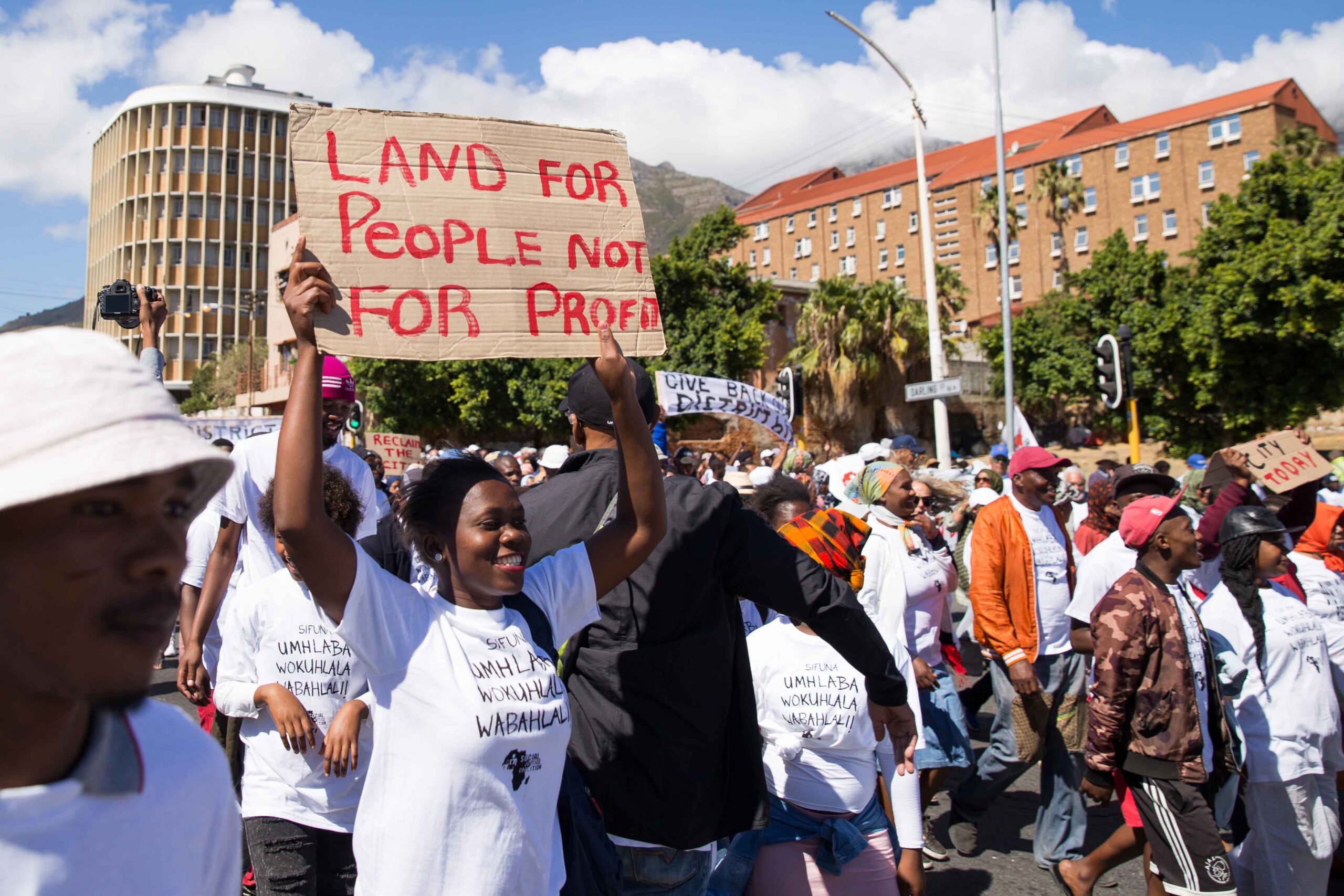Professor Leslie J. Bank gave a keynote address, entitled “Access to the City in a Suburban Nation”, on the 23 June 2019, as part of a lecture series on Inclusive Cities in the Post-Apartheid South Africa: Challenges and Opportunities, jointly hosted by the Nelson Mandela University and the Nelson Mandela Bay Metropolitan Development Agency.
Professor Bank’s presentation was based on a human settlement evaluation report recently completed by Economic Performance and Development for the National Department of Human Settlements. The report, which profiles five South African cities, considers whether the provision of almost 4 million free low cost houses to the poor over the past 25 years has “enhanced access to the city for the poor”. The EPD was congratulated by the Department for the quality and insight of the report and have been given permission to share some of the main conclusions.
The discussants for the presentation from Nelson Mandela University included Professor Paul Makasa from the Department of Architecture, Professor Nomalanga Mkhize from the Department of Sociology, and Mr Schalk Potgieter, Director of Strategic Planning and Policy formulation in the Human Settlements Directorate of the Nelson Mandela Bay Municipality.
Professor Sjekula Mbanga, the chair of Human Settlements at NMU chaired the session. The audience comprised of a wide variety of academics from different departments at the university as well as housing and development practitioners and activists from the city.
Bank highlighted how the RDP housing subsidy scheme was different from previous state funded pro-poor housing interventions in cities, in so far as it imagined providing urbanising families with an opportunity to build up their assets in a suburban context. But he also stressed the parasitic nature of the relationship between the suburb and the centre, and the vital role that formal sector employment, public transport and neighbourhood infrastructure necessarily played in realising the suburban dream. If many RDP housing estates were not ideal suburbs, what were they then? And how had they advanced or inhibited access to the city in unintended ways?
The presentation generated a lively discussion. Professor Mkhize wondered whether it was fair to analyse the residential margins of cities without focussing on accumulation at their centres and the unchallenged perpetuation of white privilege in “their suburbs”. Others reflected on the very limited support for effective black urbanisation since the end of apartheid. They questioned the low level of release of urban land, as well as the very unimaginative ways in which urban planning practitioners had used government resources to create new residential spaces in towns and cities. Some felt that the very idea of suburbanisation was Euro-centric, despite its growth and popularity across the global south. The group nevertheless felt that the new regime should make some fundamental changes in housing and human settlement policy to facilitate better access to the city for the poor.
The Nelson Mandela Metro Development Agency expressed the desire to work with the university and the HSRC in exploring the particular challenges to access to the city in Nelson Mandela Bay and developing a better framework for managing urbanisation and settlement formation in the city.


